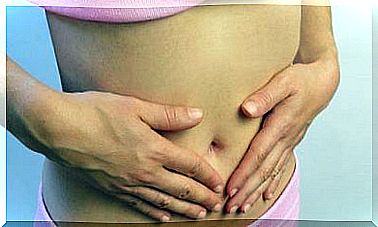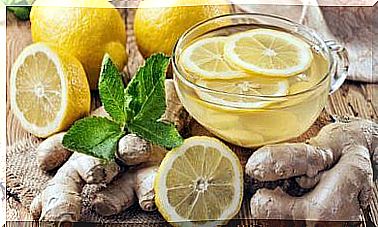How To Fight The Helicobacter Pylori Bacteria
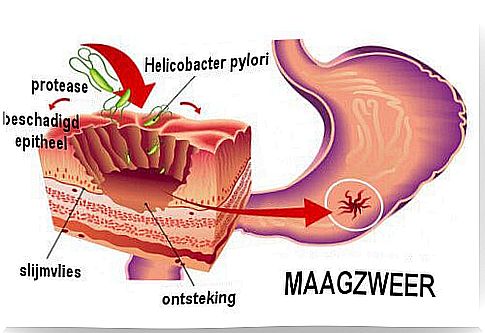
Helicobacter Pylori is known to be the cause of most stomach ulcers, gastritis, and other infections of the stomach. Research shows that an estimated two-thirds of the world’s population is infected with this bacterium.
The bacterium is very easy to transmit, although symptoms or problems do not always occur. Fortunately, there are many ways in which the bacteria can be combated and the health problems caused by the bacteria can be alleviated.
If you suffer from problems such as stomach ulcers or gastritis due to Helicobacter Pylori bacteria, we recommend the following natural remedies to fight the bacteria, eliminate it and improve your health.
This is how you fight the Helicobacter Pylori bacteria
Verbena Lemon Essential Oil
Verbena is a plant that belongs to the vervain family (Verbenaceae). The plant is known for its positive effect on digestion, as well as for its relieving effect on flatulence.
According to several studies, verbena lemon essential oil can help get rid of Helicobacter Pylori because the bacteria is not resistant to the components of this oil.
propolis
Propolis is known as a natural antibiotic and bactericide that is able to strengthen the immune system, fight infections and treat problems such as gastritis.
Also known as bee resin, this food is a substance that bees use to protect their hives from infection. We assure you that thanks to its properties, propolis is able to eliminate the Helicobacter Pylori bacterium.
Ginger
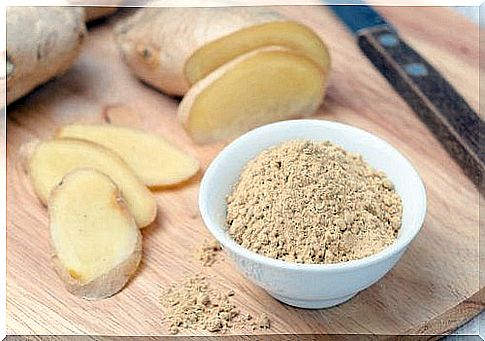
This root is renowned worldwide for its many medicinal properties, which are especially beneficial for digestion. We recommend that you eat ginger to combat heartburn, nausea, dizziness and stomach problems.
Ginger has a bactericidal effect and according to some experts can kill the terrible Helicobacter Pylori bacterium.
White cabbage
As long as you eat this cabbage raw, it can help fight and remedy Helicobacter Pylori. Like broccoli, white cabbage can cause flatulence. Try to eat small amounts of it first to see if you can tolerate it.
The cabbage is delicious to eat when you make it into a salad. Cut the cabbage leaves into fine strips and toss the salad with vinegar and lemon. Another option is to make fresh white cabbage juice, which you dilute with water.
Broccoli
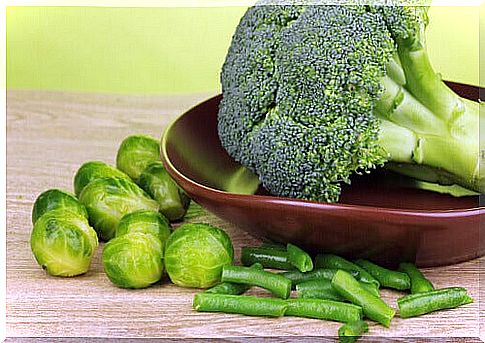
This vegetable is rich in the phytonutrient sulforaphane and can therefore also fight Helicobacter Pylori. Several studies show that eating broccoli frequently will eliminate the bacteria.
The phytonutrient sulforaphane is also associated with preventing stomach cancer. The problem for many people with broccoli is that it can cause a lot of flatulence. However, if you boil broccoli and mix it with cumin and ginger, you can reduce this annoying effect.
Turmeric
This Asian herb is full of medicinal properties that have been the subject of many studies over the past few years.
When it comes to stomach problems, turmeric is used to treat indigestion, a condition that includes all sorts of digestive problems, such as stomach distention, upset stomach, nausea, or flatulence, among others.
The properties of turmeric also help stimulate the gastric juices. They protect the stomach mucus by counteracting the effects of the Helicobacter Pylori bacterium. However, experts recommend not eating too much turmeric.
Other elements that can help with this treatment
- To combat the bacteria, it is best to increase your intake of foods with a strong antibacterial effect. Examples include garlic, onion, coneflower, ginger, thyme, rosemary, mint and honey.
- Other foods that may help include probiotics containing lactophilus and bifidus. Although these lactic acid bacteria cannot kill the Helicobacter Pylori bacterium itself, they can inhibit it. They can also counteract headaches, morning sickness and indigestion.
- People who do not have stomach ulcers or gastritis, but who do have the bacteria, can drink lemon or pineapple juice or apple cider vinegar.
- Someone who has Helicobacter Pylori should try to cut out certain foods from the diet, such as sugars, refined flour and rice. Instead, you should eat more fruits, vegetables, and water.
- Finally, you can make an alkaline drink to fight the Helicobacter Pylori bacteria by mixing raw potatoes, celery and carrots together. You should drink this drink before every meal.


